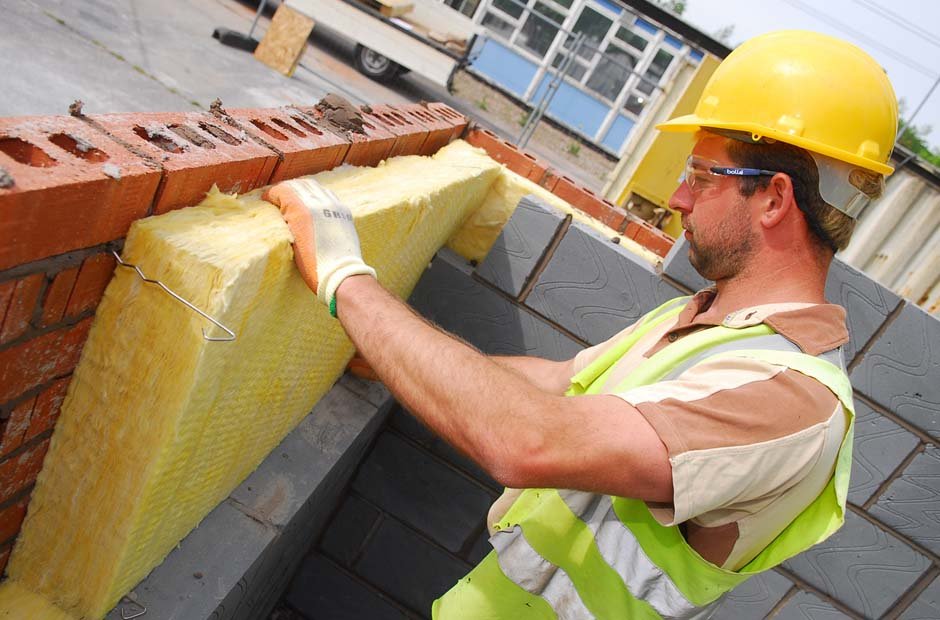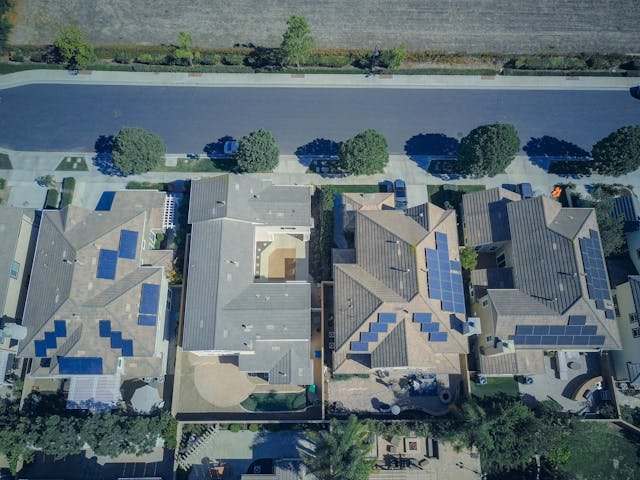Insulated walls, pivotal in the creation of energy-efficient homes, offer an array of benefits: they enhance comfort levels; reduce utility bills–a significant advantage–and curtail environmental impact. The merits extend far beyond mere reduction in energy consumption: indeed, their significance cannot be overstated.
Enhanced Thermal Performance
Insulated walls offer a primary benefit: they enhance thermal performance within homes. Serving as heat transfer barriers, their insulation efficiently halts warmth escape during winter and maintains cool interiors throughout summer; this thermal resistance—by fostering consistent temperatures home-wide—diminishes the requirement for excessive heating or cooling. Consequently, it fosters overall comfort among occupants: a crucial advantage indeed!
Reduced Carbon Footprint
One additional benefit of insulated walls is their contribution to reducing the carbon footprint of residential buildings. By minimizing the need for heating and cooling, insulated walls help lower energy consumption, which in turn reduces the reliance on fossil fuels for energy generation. This reduction in energy usage translates to fewer greenhouse gas emissions released into the atmosphere, thereby mitigating the environmental impact of residential properties. As societies worldwide strive to combat climate change and transition towards greener practices, the role of insulated walls in reducing carbon emissions becomes increasingly significant. Their contribution to environmental sustainability aligns with global efforts to create more eco-friendly living spaces and communities.
Reduced Energy Consumption
Insulated wall panels minimize heat loss and heat gain–an action that leads to substantial energy savings for homeowners. The reduced reliance on heating and cooling systems, which is a direct result of this insulation; significantly curtails energy consumption. Consequently, lower utility bills become the new norm–a testament to long-term cost savings. In an era characterized by paramount importance placed on energy efficiency; insulated walls emerge as not just practical but sustainable too – thus offering households across the board a double-edged solution: reducing their own overall household energy usage whilst simultaneously promoting environmental stewardship.
Improved Indoor Comfort
Eliminating cold spots, drafts, and temperature fluctuations commonly associated with uninsulated structures: that is the job of insulated walls; they create a more comfortable living environment. Their presence offers better temperature control–even humidity regulation–inviting occupants to enjoy an atmosphere of coziness throughout all seasons—thus enhancing overall quality life standards. Further contributing to comfort elevation within these sanctuaries – improved indoor air quality and reduced noise infiltration: marks additional advantages of home insulation.
Environmental Sustainability
Insulated walls not only save energy but also bolster broader sustainability objectives, offering environmental advantages. Insulated homes mitigate climate change and reduce environmental impact by curbing heating and cooling-related greenhouse gas emissions through lowered energy consumption. Moreover, numerous insulation materials use recycled or renewable resources; this significantly diminishes their carbon footprint while endorsing eco-friendly building practices.
Long-Term Durability
Minimizing temperature differentials and moisture infiltration, insulation actively prevents issues such as condensation, mold growth, and wood rot over time; these could otherwise compromise the integrity of walls and building materials in residential structures. Furthermore – through this protective measure: it adds to the long-term durability by maintaining structural integrity. Notably extending a home’s lifespan while diminishing requirements for costly repairs or maintenance later down-the-road are some additional benefits of incorporating insulation into construction plans.
Increased Property Value
Prospective buyers often desire homes with well-insulated walls, appreciating their energy efficiency and comfort advantages. We consider insulation a valuable investment that enhances a property’s overall resale value. As potential buyers increasingly prioritize energy efficiency in their home searches, insulated walls emerge as key selling points capable of distinguishing properties within the competitive real estate market.
Insulated walls fundamentally constitute energy-efficient homes, offering an array of advantages: enhanced comfort; significant cost savings; sustainability – a crucial factor in today’s environmentally conscious society- and enduring durability. The investment in superior insulation–be it during renovation or new construction–not only enhances energy efficiency but also underscores environmental responsibility while elevating homeowners’ overall quality of life. Given the escalating demand for sustainable housing solutions, insulated walls maintain their indispensability: they are essential components that foster healthier living environments—more comfortable spaces—and promote environmental consciousness.
















